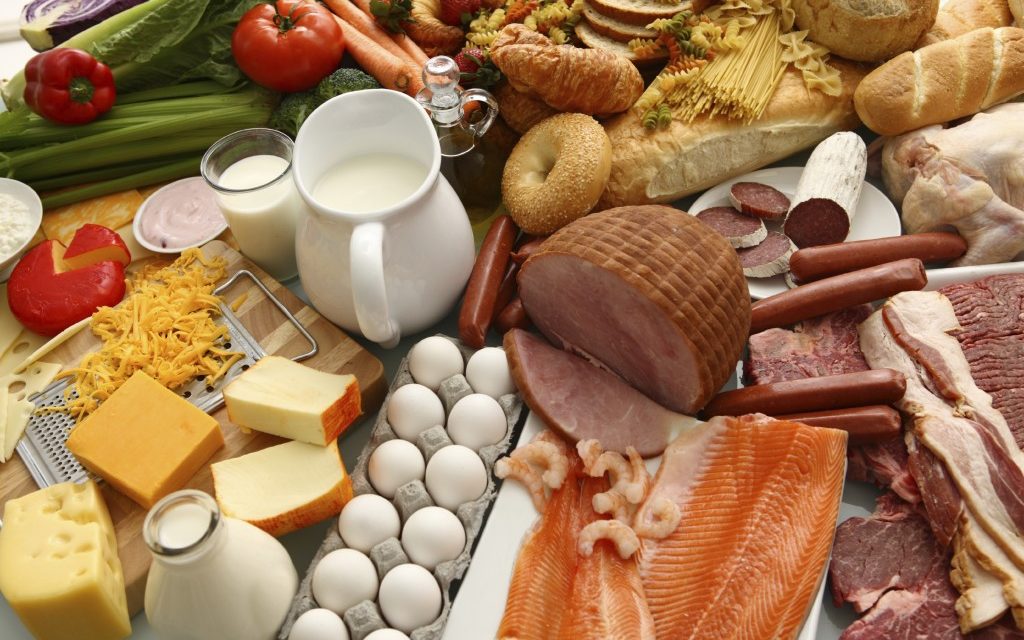Will decades of unfair trade behavior really end?
Recently, a very important EU decision was made to put an end to the immoral practice of decades, which indicates that food industry companies deliver better quality food to people in Western Europe than to consumers in Central and Eastern Europe.
The Hungarian EU representative handling the case said that the application of double quality may come to an end.
It has been an open secret for many years that food companies in Western Europe sell better quality food than in Central and Eastern Europe, and this goes against all fair commercial behavior.
But something happened in the past few days that otherwise mostly escaped the attention of the Hungarian media. At the plenary session in Strasbourg, the European Parliament voted for a legislative proposal requiring more authentic information for consumers and a ban on labeling that unfoundedly claims to be environmentally friendly.
Adopted by 593 votes to 21 with 14 abstentions, the directive aims to provide consumers with greater protection against misleading environmental labeling and ensure that they can make more informed purchasing decisions.
These are the new rules of the game
According to the new rules, it will be classified as a deceptive business activity within the EU, and thus the so-called green painting, as well as the planned intentional shortening of the useful life of products, will also be prohibited.
Only those who can prove these claims will be able to use environmentally friendly, natural, biodegradable, climate neutral and other eco-references referring to greenness on the labels.
The use of sustainability labels will be subject to strict rules, to end label variations that make comparisons impossible. In the future, only labels based on the requirements of certification systems officially recognized or implemented by the authorities will be allowed in the EU.
The directive also emphasizes that manufacturers and consumers should pay more attention to the durability of products in the future. Warranty information will be prominently displayed on all products.
A uniform label will be created to give more prominence to products for which the manufacturer undertakes a longer warranty than required by law.
According to the rules, unsubstantiated claims about durability cannot be made either. Manufacturers and distributors may not ask for the replacement of a device's consumables, such as an ink cartridge, more often than absolutely necessary, or represent a product as repairable when it is not.
This was carried out by the Visegrád countries
Edina Tóth, representative of the European Parliament (EP) of Fidesz, rapporteur of the EP's environmental protection committee, told Economx: As a result of the coordinated action of Hungary and the three Visegrad countries, the European Commission has continuously, high level.
As a first step, on September 26, 2017, it published its guidelines containing the four main measures, along which the Commission is trying to find a suitable solution to the problem of food sold under the same brand name but with different composition in some EU member states, and with which it intends to eliminate unjustified discrimination of consumers.
The four elements of the guideline are:
- the publication of an interpretative guide to EU legislation on dual-quality food,
- allocating one million euros to the Joint Research Center (JRC) for the coordinated observation of the phenomenon to develop a joint investigation methodology expected by the end of 2018,
- and for the national authorities of the member states to further test the double quality,
- also developing rules of conduct for manufacturers and distributors.
Actions against unfair trade practices
In order to address the problem at the regulatory level, in April 2018, the Commission proposed to amend the Unfair Commercial Practices Directive (UCPD) 2005/29/EC, which is based on the 26 September 2017 Directive on the application of EU food and consumer protection law to problems related to the dual quality of products is a commission announcement.
Pursuant to the legislation, the marketing of products with significantly different compositions or characteristics as the same in different member states would be classified as misleading the consumer.
Edina Tóth highlighted:
the competent Member State authorities must evaluate and examine such practices on a case-by-case basis in accordance with the provisions of the directive, based on the interpretation guide of the EU legislation on dual-quality food published by the European Commission on September 26, 2017.
Since the law came into force, the Hungarian authorities have examined the double quality of products on several occasions, and have come to the conclusion that double quality can be established in the case of many goods, and that the manufacturers do not sell the better quality parts of a product family in this country.
Elimination of double quality
The use of unproven and excessively general claims and labels such as 'eco', 'bio-based' or 'climate-friendly' contribute to the maintenance of double quality, which is why the Hungarian EU representative considers it of utmost importance that companies avoid such and similar misleading claims use.
With a report on the directive prohibiting the greening of products and misleading claims, the representatives of the Visegrad countries called on the European Commission to urgently remedy the problem and, where appropriate, to present a methodology that would improve better monitoring of the dual quality of household and personal products.
In order to eliminate double quality, the role of consumer protection authorities should be strengthened and they should be given the tools to put an end to this practice
- concluded Edina Tóth.
Lawyer Miklós Krausz said: it is not yet known exactly which bodies will be responsible for carrying out the inspections, but most likely the National Food Chain Safety Office and the government office will receive these authorizations.
Featured Image: Pixabay












